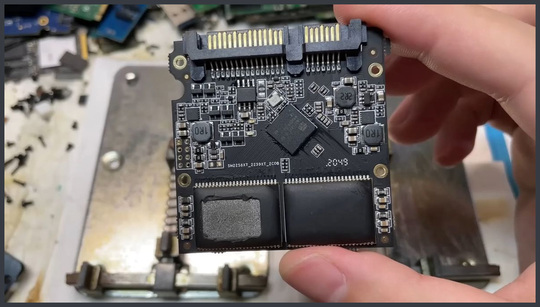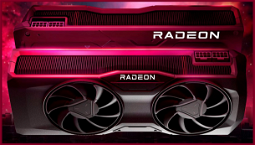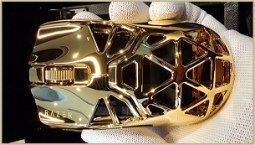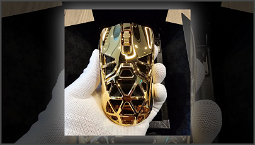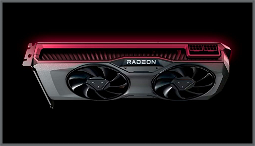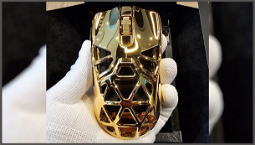Using recycled Apple NAND in off-brand SSDs
Using recycled Apple NAND in cheap ShineDisk SSDs may not come as a surprise to some, but it’s still a bit of a shock when you think about it. After all, these are SSDs that you may see on platforms like AliExpress, and they’re using parts that originally came from actual Apple products. Reprocessing components for lesser products is nothing new in the hardware industry, but it does raise some concerns about the reliability of off-brand SSDs.
The YouTuber behind Chinese data recovery channel 1818 data recovery shares his thoughts on the matter in a recent video, citing the use of Apple NAND chips inside a ShineDisk M667 SSD. The company itself is a knock-off brand and should not be confused with SanDisk. In any case, the ShineDisk M667 is an SSD that utilizes an outdated SSD controller, the SM2258XT from Silicon Motion.
What’s more, the NAND chips are reportedly of the SK hynix E2NAND variety, which are thicker than most other NAND chips on the market. The origin of the NAND chips is unknown, but our best guess would be that they came from an Apple factory.
While it’s not all that surprising that off-brand drives utilize components from name brand companies, the reasons for doing so are worth considering. Factories, especially those in China, often find themselves with defective NAND chips that can’t be sold at the usual market price. Rather than letting defective NAND sit around and potentially become electronic waste, reprocessing the components into cheaper products is the most sensible route.
Whether or not the use of recycled Apple NAND chips in off-brand SSDs is truly a cause for concern will likely depend on who makes the drive and how it’s designed. Generally speaking, you’re going to face a higher risk of sudden failure with cheap off-brand SSDs, and that’s something to keep in mind when considering your next storage upgrade.
That said, we’d recommend opting for a name brand drive whenever possible. While you may pay more upfront, you’ll benefit from better quality and reliability down the line.
